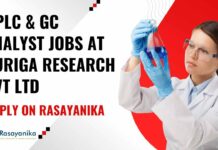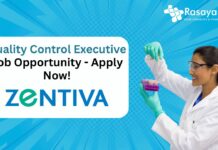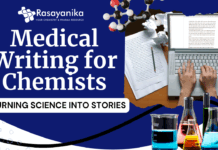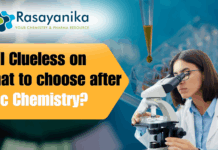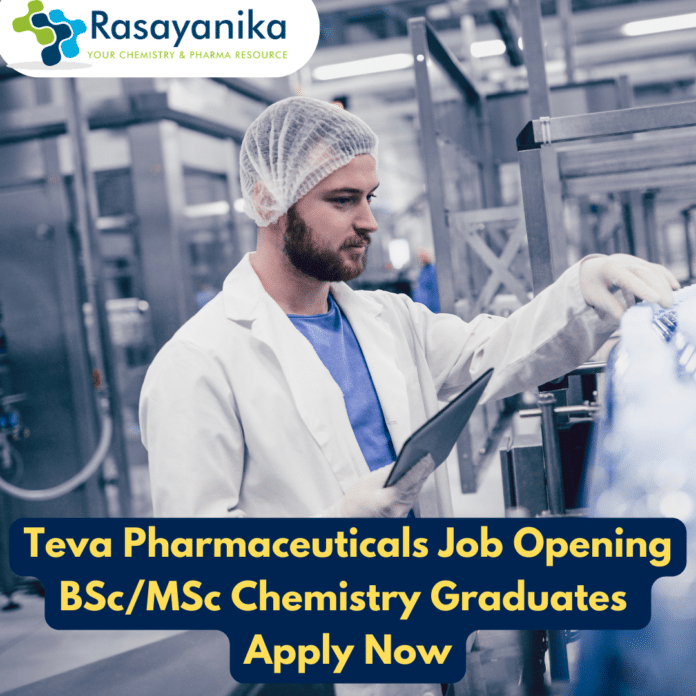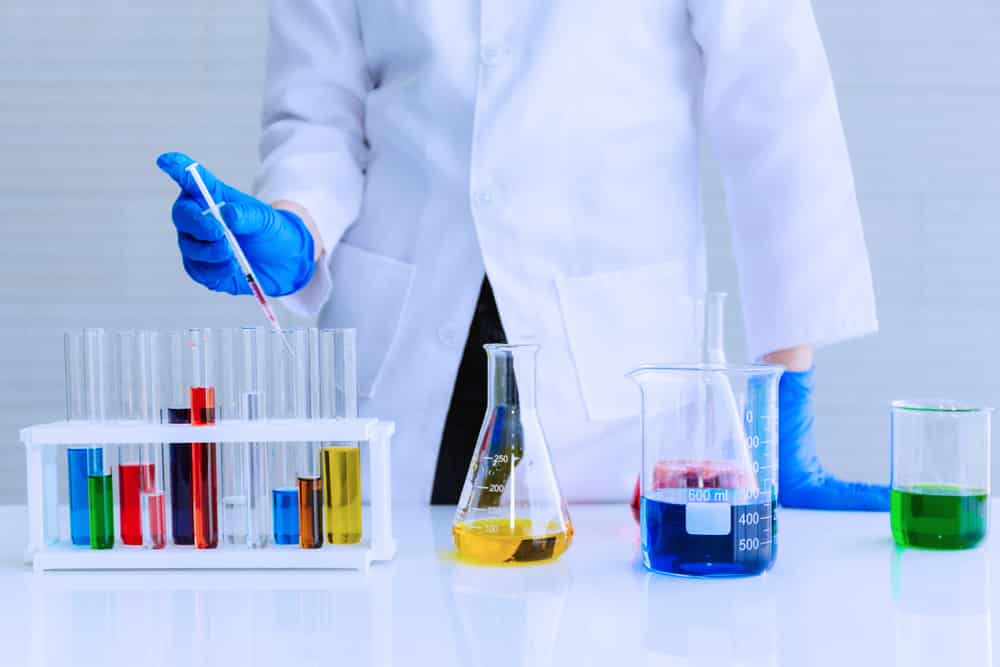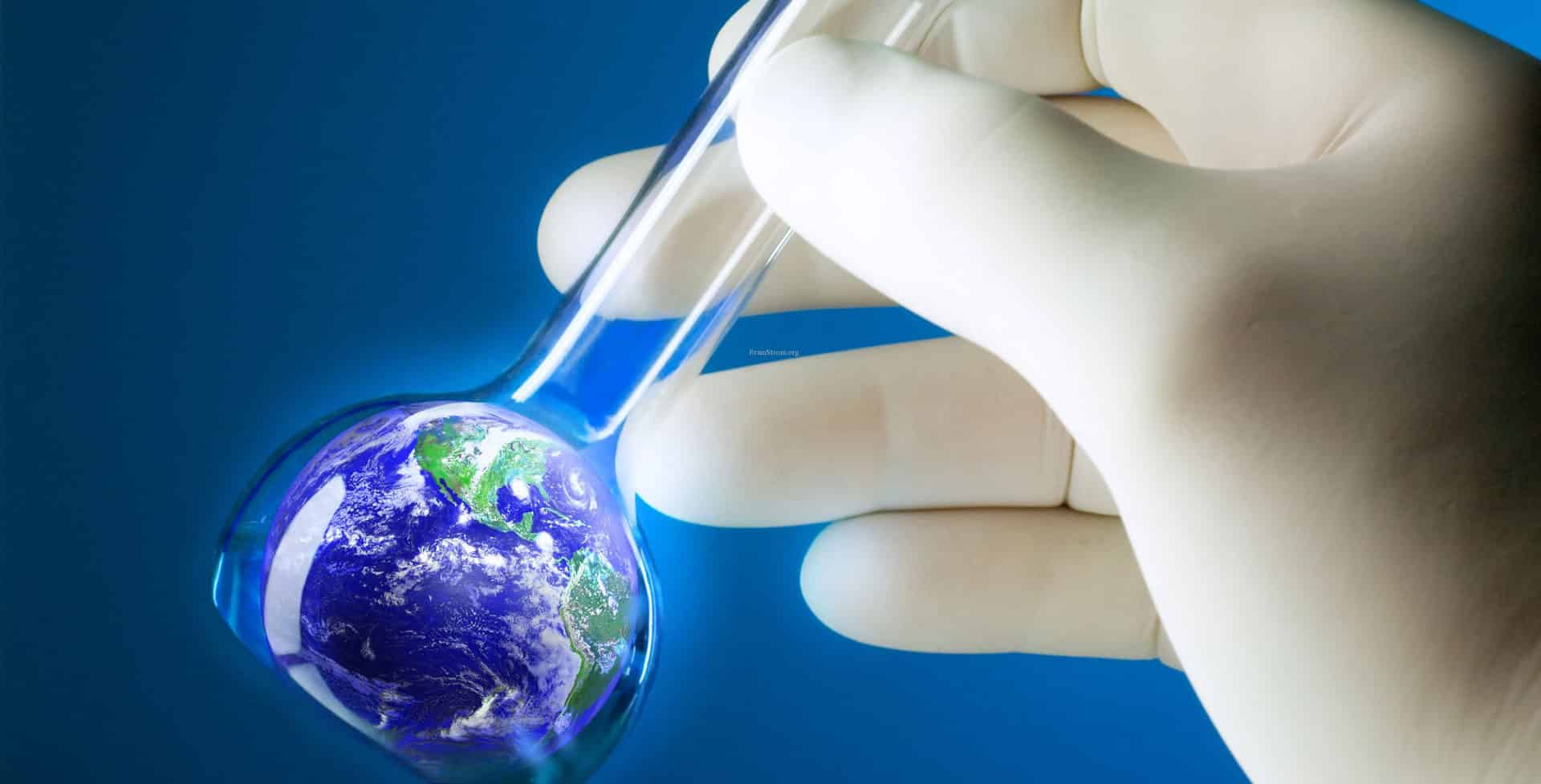Teva Pharmaceuticals Job Opening – Quality Control Technician III Role – BSc/MSc Chemistry Graduates Apply Now
Role : Quality Control Technician III
Location : Chennai, India, 600113
Company : Teva Pharmaceuticals
Job Id : 51214
How you’ll spend your day
- Calibration of HPLC, Gas Chromatography, Ion Chromatography, AAS, TOC, UV Spectrophotometer, FTIR, Raman, Potentiometer etc.
- Calibration of Dissolution Test Apparatus, UV Cabinet, Media Degasser etc.
- Standardization of KF Reagent.
- Timely completion of performance verification of instruments and equipment.
- Execution of instrument and equipment qualification protocols.
- Daily calibration of balances, pH meter, Conductivity meter, Dissolved Oxygen Meter.
- Preparation of reagents and standardization of volumetric solutions.
- Maintenance of spares/accessories of all laboratory instruments and equipment.
- Reporting of Deviations, Chromatographic Errors and LIR (If any).
- To follow Good Laboratory Practices and safety policies in the laboratory standard area.
- To ensure compliance to the policy and procedure requirements on Data integrity.
- Policies in the laboratory standard area.
- To ensure compliance to the policy and procedure requirements on Data integrity.
- Ensure maintenance of logbooks, Inspection lot number register and all relevant registers in the laboratory
Your experience and qualifications:
- Master’s/Bachelor’s Degree in Chemistry or equivalent degree
- 1-3 years of experience in Non-Routine section and calibration of laboratory instruments and equipment
Reports To : Group Leader Quality Control
Competencies
Functional – Key functional requirements set by hiring manager:
- AC – Agility and resilience
- AC – Analytical Thinking
- AC – Learning Orientation
- AC – Problem Solving
Explore the latest Teva Pharmaceuticals Job at Rasayanika
Here are some interview questions and sample answers for the role of a Quality Control Technician III at Teva Pharmaceuticals:
- Can you describe your experience with calibration of laboratory instruments and equipment?Sample Answer: In my previous role, I was responsible for calibrating a wide range of laboratory instruments, including HPLC, Gas Chromatography, Ion Chromatography, AAS, TOC, UV Spectrophotometer, FTIR, Raman, and Potentiometer. I also conducted calibrations for Dissolution Test Apparatus, UV Cabinet, Media Degasser, and performed standardization of KF Reagent. My experience spans over 2 years in ensuring the precise and accurate performance of these instruments.
- How do you ensure compliance with Good Laboratory Practices (GLP) and safety policies in a laboratory setting?Sample Answer: Compliance with GLP and safety policies is paramount in a laboratory environment. I consistently follow established protocols, maintain a clean and organized workspace, use appropriate personal protective equipment (PPE), and regularly participate in safety training. Additionally, I adhere to documentation practices, record data accurately, and promptly report any deviations or safety concerns to the relevant authorities.
- Can you explain your approach to handling and reporting deviations and chromatographic errors in a laboratory setting?Sample Answer: When I encounter deviations or chromatographic errors, my first step is to document the issue immediately. I analyze the problem, identify its root cause, and take corrective actions as necessary to prevent recurrence. If the error has the potential to impact the quality of results or product safety, I promptly escalate it to the appropriate personnel or supervisor. Transparency and effective communication are key in addressing these issues.
- Describe your experience with instrument and equipment qualification protocols.Sample Answer: I have hands-on experience in executing instrument and equipment qualification protocols. This involves verifying that instruments meet predefined performance criteria and standards. I ensure that all relevant documentation, including qualification reports, is accurately completed and maintained. This process helps guarantee the reliability and accuracy of laboratory results.
- How do you stay updated with the latest advancements and trends in laboratory technology and techniques?Sample Answer: Staying current in the field of laboratory technology is crucial. I engage in continuous learning by reading scientific journals, attending seminars, and participating in relevant webinars and workshops. I also collaborate with colleagues and experts in the field to exchange knowledge and best practices. This proactive approach helps me stay updated and ensures that I can apply the latest techniques and technologies effectively.
ALL THE BEST!







